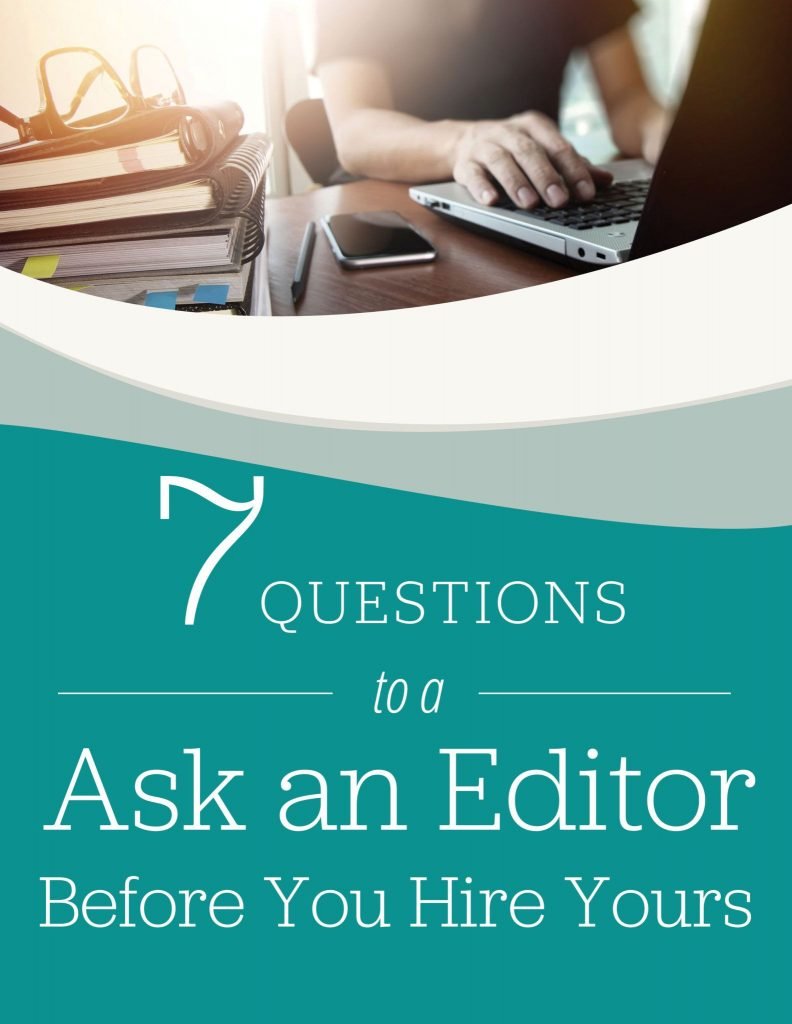
There comes a time in writing a book or proposal when you need professional feedback. Before you hire an editor, it’s helpful to know the different stages or types of editing. Here goes:
Developmental Editing helps you fine tune the sequence and the order of your book. A developmental edit answers questions like:
- Have you presented the information in a format that makes sense to the reader? (Does it flow?)
- Does each piece of information build upon previous material?
- Is it clear?
- Will the material engage your readers?
- Where might the reader need or want more information?
- Is there anything extraneous or repetitive that should be cut?
- Does the “voice” need developing?
If you’ve had a few people (beta readers) read drafts of your book and they’re confused, you need developmental editing. A developmental editor may even be able to help you suggest adding features to create a more enriching or engaging experience for your readers.
Line Editing can help you turn a decent book into a highly marketable success by making your manuscript lively and enjoyable to read. A line editor will help you:
- Create clear, concise sentences that engage.
- Choose the most appropriate words to specifically convey your meaning and paint a picture.
- Match your sentences to a style and voice that best fits you (or your brand), your material and your readership.
Proofreading ensures that correct grammar, spelling and punctuation are used and that all your facts agree with one another. A proofreader will also make sure that there is no missing information in your book.
Communication is Key When Hiring an Editor
While these three types of editing serve as differentiators, there can be overlap. Some editors do line editing even in a developmental stage–that’s just how their minds work. In addition, sometimes developmental ideas can come up during line editing.
Another term you may hear is copyediting. When someone talks about copyediting, they usually mean proofreading plus some small degree of line editing but others may mean full line editing.
Be sure you and the editor clarify the cope of the work. Discuss specifically what you are looking for when you hire an editor.
I can help you determine the type of editing you need for your book at this stage and can help you find the right editor for your needs. I encourage you to interview the editor to determine whether they are a match for you. See below for how the free referral program works.
Your Free Resource: Know What to Ask an Editor
Learn the right questions to ask so you make the right choice in hiring an editor.
Don‘t Hire a Editor until You Read My Free Ebook!
Find the Right Book Editor for Your Needs
Welcome to Lisa Tener’s Editorial Referral Program. Contact me to determine the type of editing you need for your book and I’ll help you find the right editor for your needs.
Note : I work hard to find editors whom I consider top notch–and at different price ranges depending on your budget. I do receive a commission–it will come out of their marketing budget, not your costs.
Or Find a Co-Writer, Book Doctor or Ghostwriter
After writing some of the book or a first draft of a book, some authors decide that they need more than an editor; they need a writer to take their writing to the next level, in order to get published or reach the level of sales they aim for. As part of my referral program, I refer aspiring authors to excellent, experienced co-writers, book doctors and ghostwriters, some of whom have worked on New York Times Bestsellers and other award-winning books. Find out more about ghostwriting services.









